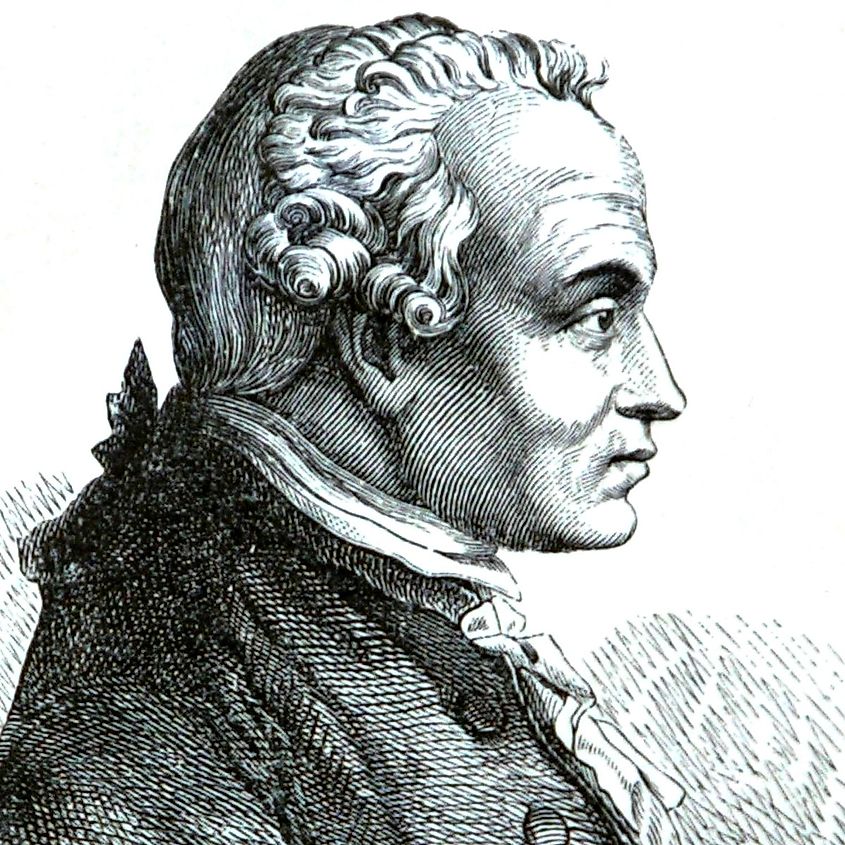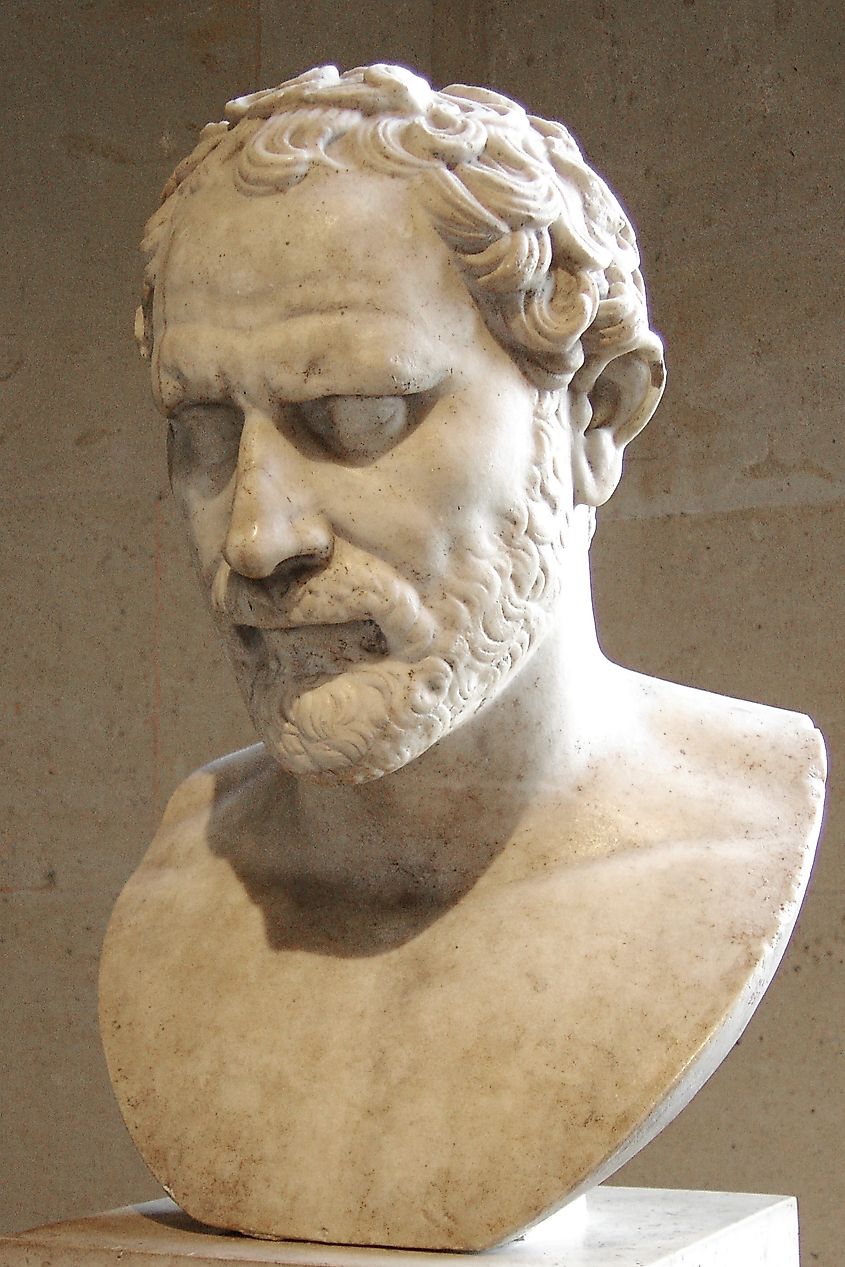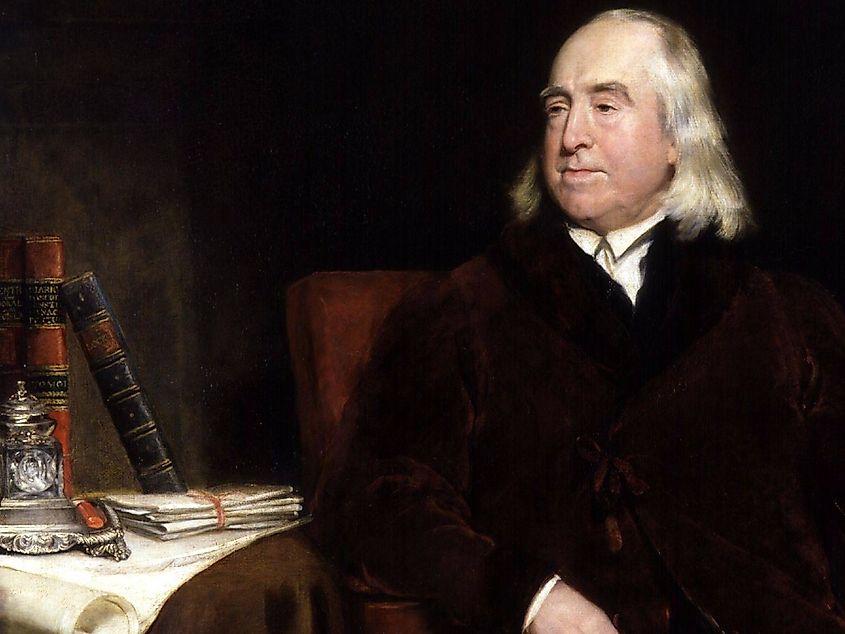
A Deep Dive Into Moral Philosophy
Is lying always wrong? What does it mean to be a good person? What moral obligations do people have to each other? These are the types of questions moral philosophy attempts to answer. Throughout history, many different philosophers have tackled these questions. As a result, there are several different moral philosophies. From Aristotle's virtue ethics to Kant's deontology, there are insights to glean from the different ideas about morality.
Moral Philosophy

Moral philosophy is the branch of philosophy that deals with questions concerning what is right and what is wrong. Moral philosophers explore everything from how people should live their lives to the nature of morality. Moral philosophy has three categories.
The first category is meta-ethics. Meta ethics looks to answer big-picture questions. For example, What is morality? Does truth exist? These are questions that are not specific to certain actions, but are general and overarching.
Applied ethics is the branch of ethics dealing with ethics in practical situations. For example, war, capital punishment, and the moral consequences of decisions in personal situations. On the other hand, normative ethics is the branch of moral philosophy that deals with what people should or should not do. It seeks to provide a framework for deciding what the right thing to do is. There are many frameworks of normative ethics. A few popular ones include deontology, consequentialism, and virtue ethics.
Virtue Ethics

Aristotle founded virtue ethics in Ancient Greece. The philosophy is a framework for living your life with the goal of being a virtuous person. The idea of a virtuous person in virtue ethics, assumes that a person develops virtue through good habit. For example, someone can be virtuous by being kind, generous, courageous, humble, and honest. Virtue ethics helps people understand what it means to be a good person through character. When faced with ethical dilemmas, a virtue ethicist would ask how the action would define the character of the person. For example, if you were contemplating lying to your friend, a virtue ethicist would ask you what the character of a person who lies to their friend is.
Deontology

Deontology is famously associated with philosopher Immanuel Kant, who introduced the idea of the categorical imperative. The categorical imperative is the idea that people should act according to rules that they could make a universal law. Some things Kant believed should be universal laws were don't steal, don't lie, and don't cheat. Deontologists believe that acting morally means following a set of moral rules. This removes the subjectivity that affects other moral frameworks. This is a simple approach that is often seen as the moral framework in religion. For example, the ten commandments of Christianity are an example of a deontological ethical code.
While the approach is simple, a downside to deontology is disregarding the possible consequences of our actions. The classic example of this criticism is the following. A friend comes to hide at your house from a murderer. The murderer knocks at your door and asks you if you have seen your friend. If you are a deontologist who has a moral rule to never lie, your ethical code would obligate you to tell the truth, despite the consequences to your friend.
Consequentialism

Consequentialism is a moral theory that judges the morality of an action based on its consequences. For example, in the example above criticizing deontology, lying could save the life of your friend. According to consequentialism, lying would therefore be the most ethical thing to do since it would help save your friend's life. Hedonism and Utilitarianism are two examples of consequentialist frameworks.
Utilitarianism judges actions based on doing good for the greatest number of people. Actions that do good for the greatest number of people are moral according to a utilitarian. Hedonism, by contrast, says an action is good if it brings people closer to pleasure or avoids them pain. One criticism of consequentialism is the uncertainty in knowing the consequences of your actions. Consequentialism is also criticized for focusing too heavily on the consequences. What is good for the majority might not always be good for the minority.
For example, if people could eliminate suffering by making 1% of the population suffer continuously forever, then most people would say the ends don't justify the means.
Utilitarianism

Utilitarianism is a form of consequentialism that measures the impact of an action. According to utilitarianism, the moral action is the one that creates the most amount of good for the most amount of people. This philosophy appears almost selfless because the focus is on consequences instead of holding to rules and bias. It is the most reason-based moral framework.
While this philosophy accounts for some of the pitfalls of deontology, such as breaking a moral rule to save the life of your friend, it has limitations. Critics argue utilitarianism doesn't account for values such as justice and individual rights. This is an issue when one person's rights are violated to save the lives of many.
Hedonism

Hedonism is a form of consequentialism that argues the most important factor in decision-making is if an action produces pleasure and avoids pain. At first, this can sound like the stereotype of a hedonist. Someone who parties too much, does drugs, has a lot of sex, and enjoys loud music. However, intrinsically valuable experiences such as reading a book, having a deep conversation, or traveling are also examples of experiences that bring people pleasure.
Within the philosophy of hedonism, there are also different interpretations. Normative hedonism argues people should seek pleasure and avoid pain. Whereas motivational hedonism says pleasure and avoiding pain is what motivates people. There are also different types of hedonist thinking in terms of scale. Egotistical hedonism is a more self-involved philosophy and argues people should do what brings them the most pleasure. By contrast, altruistic hedonism argues the right action is what brings all people pleasure.
The biggest criticism of hedonism is its focus on pleasure. Hedonism also ignores other values, such as freedom and fairness, when determining the morality of an action. These are values deemed important by many people.
Why Care About Moral Philosophy?
There are many other frameworks for normative ethics, but the above are the most common ones. Reflecting on ethics is important since we all have to make moral decisions throughout our lives. Whether it's deciding whether or not to lie to a friend, take a candy bar off a store shelf, or buy a product from a company that uses child labor, we are all making moral decisions daily. If we want to improve our lives and the world around us, we have to care about the morality of the decisions we make. Reflecting on different moral philosophies gives us insight into our own morality and what we want our morality to look like.











